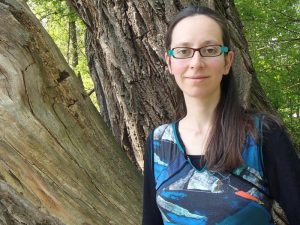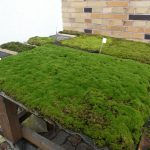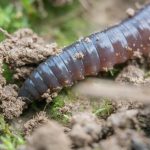The function of tiny organisms

Tiny organisms are the object of postdoctoral studies by French biologist Dr. Amandine Erktan at the University of Göttingen and the Freie Universität Berlin. With funding by the European Union in the form of a Marie Curie Fellowship, Erktan will be conducting her research partly in the labs of Göttingen’s Animal Ecology Working Group.
In the coming two years, she will explore how micro- to millimeter soil organisms can restore the building bricks of degraded agricultural soils, for example by digging, crawling and incorporating considerable amount of organic matter into the soil. In addition to pushing further the frontiers of soil science, the project aims at triggering a dialogue among soil sciences domains that remain poorly connected until now. Hopefully, these interactions will open perspectives to link soil physical structure and soil ecological functioning, with essential consequences to better manage our soils.
Amandine Erktan, born 1985, studied Biology at the Ècole Normale Supérieur in Lyon as well as Environmental Policy and Ecology at AgroParisTech, one of France’s “Grandes Ècoles”. In 2013, she received her Ph.D. at the University of Grenoble (Irstea). Since then, she has been employed at AMAP-INRA in Montpellier, an interdisciplinary laboratory that conducts basic research on plants and plant communities with the aim of predicting ecosystems responses to environmental forcing.
Contact:
Prof. Dr. Stefan Scheu
University of Göttingen
Johann Friedrich Blumenbach Institute of Zoology and Anthropology
Animal Ecology Working Group
Untere Karspüle 2, 37073 Göttingen
Phone +49 551 39-25445
Email: sscheu@gwdg.de
Source: IDW-online.de





Schreibe einen Kommentar